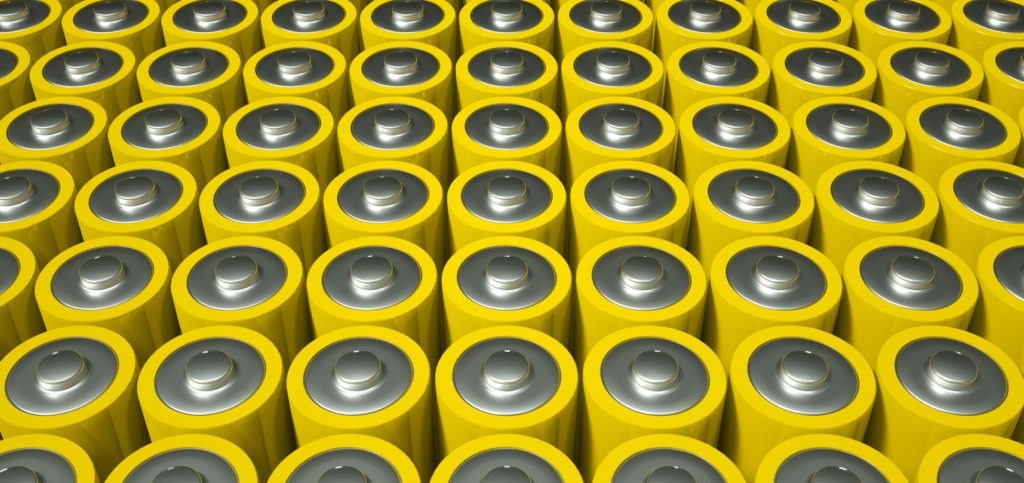Poland’s state aid to LG Chem under investigation
14 August 2020

14 August 2020
The European Commission has opened an in-depth investigation into the Polish Government’s plan to grant €95 million in public support to LG Chem. The funds are intended for an expansion of the company’s electric-vehicle (EV) battery-cell production facility in Biskupice Podgórne in the DolnoÅ›laskie region of Poland. EU state aid regulators are questioning whether this financial support adheres to the bloc’s state aid rules.
In 2017, the battery manufacturer decided to invest over €1 billion in its DolnoÅ›laskie plant. This money was slated to expand the site’s production capacity of lithium-ion cells, battery modules and packs for electric vehicles. In 2019, Poland notified the Commission of its plans to grant €95 million in public support for the development of the plant.
According to the European Investment Bank, which signed a €480 million loan agreement with LG Chem’s Polish arm, the expansion would allow the company to ramp up output. Battery capacity could climb to about 65 GWh, making the plant one of the largest lithium-ion cell factories in the world. The bank went on to say that more than 1,800 jobs will be created at the site, taking the total workforce up to more than 6,000 full-time employees by the end of 2022.
Regulator’s doubts
Currently, there are several doubts about the support package. One primary concern raised was that the Commission ′can not exclude at this stage that the public support exceeds the maximum permissible aid intensity for the project.’ So does the €95 million go beyond the allowed level of aid?
There are also questions over whether the aid had an ′incentive effect.’ So, was LG Chem’s decision to expand the DolnoÅ›laskie plant directly triggered by the financial support, or would the company have invested anyway? Regulators also have doubts about the aid’s contribution to regional development, as well as to its appropriateness and proportionality.
The investigation will look to determine whether these initial concerns are confirmed. The process will provide Poland and third parties an opportunity to comment on the measure. The Commission said ′it does not prejudge in any way the outcome of the investigation.’
State aid rules
The EU’s 2014 regional state aid guidelines enable members to support economic development and employment in disadvantaged regions, as well as nurturing cohesion in the single market. Certain conditions must be fulfilled to make sure the measures have a positive effect.
This includes incentivising private investment and keeping the amount of aid to the minimum necessary. It must not lure investment away from a region in another member state, which is at least as disadvantaged. Furthermore, it must not directly cause the relocation of activities, like jobs, from elsewhere in the EU.
′We will carefully investigate whether Poland’s support was necessary to trigger LG Chem’s decision to expand its existing cell production facility in Poland, is kept to the minimum necessary and does not distort competition or harm cohesion in the EU,’ said commissioner Margrethe Vestager, in charge of competition policy.